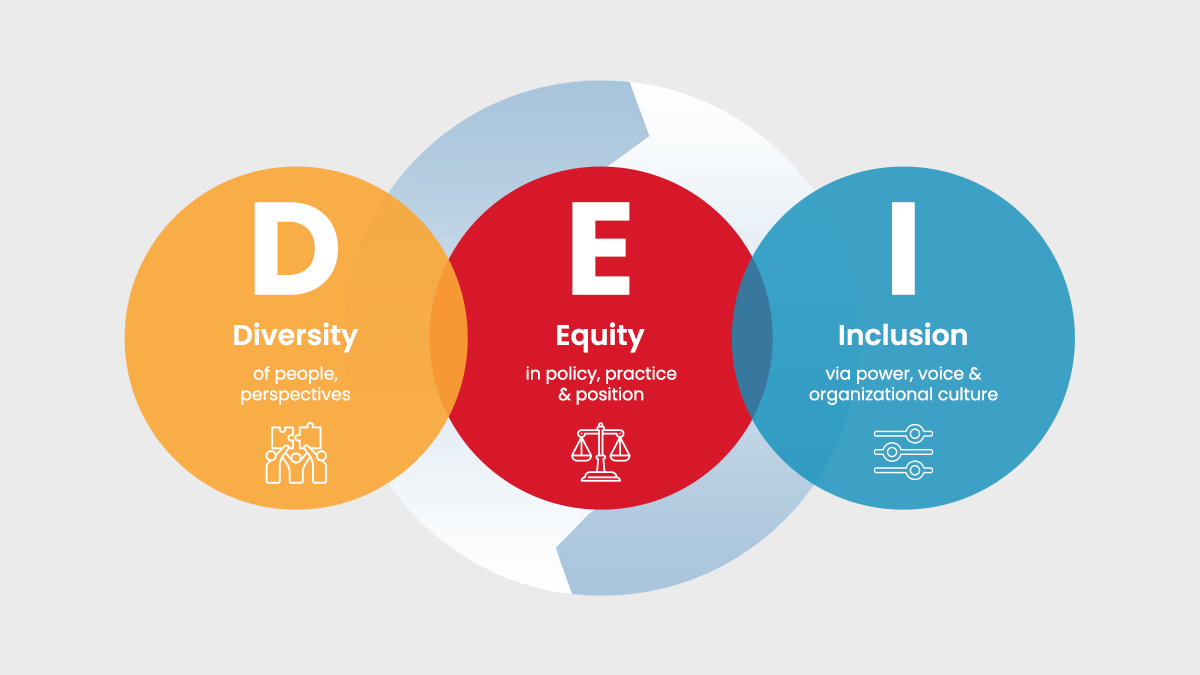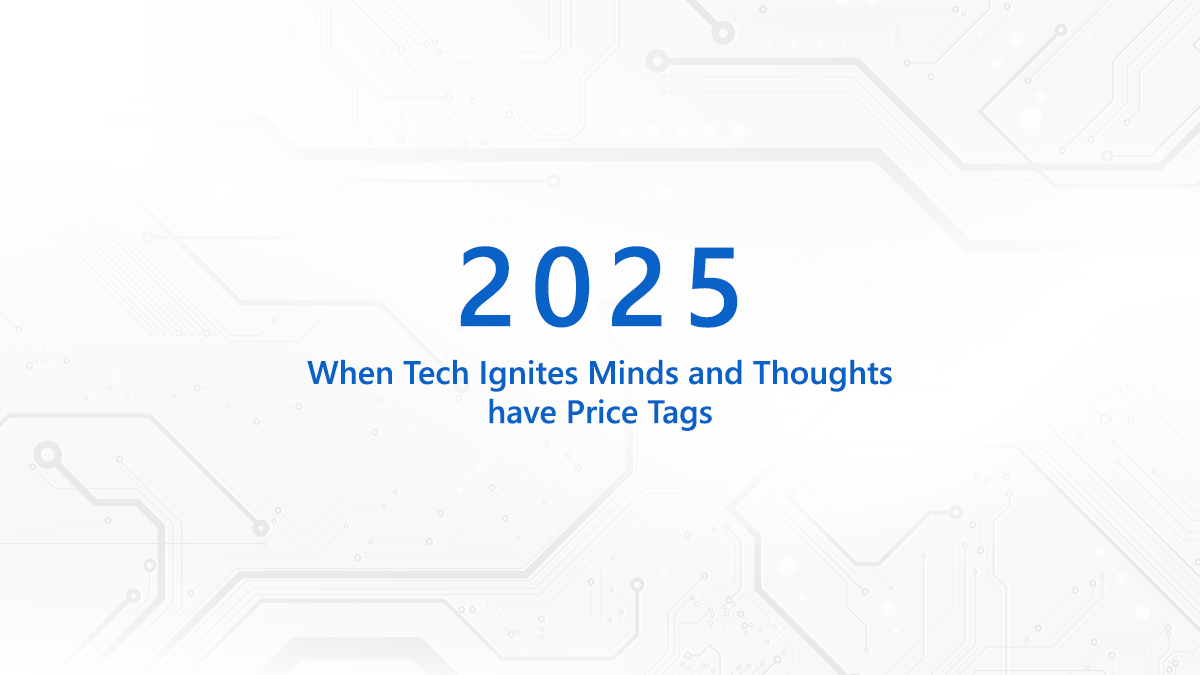The pressure on development financing today is immense. The spread of the Coronavirus pandemic has affected foreign direct investment and remittance flows. Spike in unemployment has deflated consumerism and tax coffers of the government are running dry. In this scenario, multilateral aids, grants and development assistance have acquired significance for funding investment in priority areas such as health, education & food security in emerging economies especially in South Asia and Sub Saharan Africa. However, donor agencies are increasingly hedging their bets on countries that have a good track record of grant management. Any guesses why?
The Need for Transparency in Grants & Aids
Almost a year ago, the United Nations announced that a 2.5 trillion USD annual financing gap exists for countries to meet the Sustainable Development Goals of 2030. In addition to the pandemic, a series of humanitarian crises in countries such as Yemen, Nigeria, Democratic Republic of Congo and Central African Republic has exacerbated global economic crisis. While individual countries struggle, largest multi-lateral organizations such as the World Bank have shown resilience and stepped up. Their assistance this year (i.e. around 48.8 billion USD) is 70% greater than the same period last year but it is accompanied by a demand for greater transparency and improved outcome orientation from recipient government agencies.

In the absence of systems in place to capture data across the grant lifecycle, donor bodies have no way to gauge the efficacy of aid spending, assess the on-ground impact of projects, and optimize resource allocation. Amidst uncertain political climates in many recipient countries, transparency in aid flow & utilization is necessary so that it doesn’t enrich the power of the corrupt elite fuelling instability. This explains why the 2020 Aid Transparency Index has called upon donors (big & small alike) to publish grant performance data — objectives, results, reviews, and evaluations — for public oversight.
Government agencies receiving grants may choose to directly spend funds or devolve them further to line departments to provide public services & revive the economy. In any case, government agencies need to be accountable for project risks, compliances and outcomes to minimize abuse, waste & fraud in grant utilization. However, the heavy reliance on paper based file movement &information silos have stifled government’s ability to effectively channelize grants.
Automation of grant management may prove to be the panacea.
The Case of Grant Management Automation in Rwanda
In order to pilot any system enabling results based financing, the choice of country becomes critical. Rwanda is one such country that is characterized by strong results focus &systems, governance and oversight mechanisms. In alignment with its 2050 vision to be recognized as a “knowledge economy”, the National Council of Science & Technology in Rwanda has automated the entire lifecycle — award, post award & closeout — of grants issued from the National Research & Innovation Fund (NRIF).
Processes around shortlisting applications, defining grant agreements, monitoring & evaluating project deliverables, and disbursing grants are now completely paperless.
Seamless information exchange and communication among stakeholders have strengthened trust and spirit of collaboration among stakeholders. This business process automation has truly enabled NCST to meet its fiduciary responsibilities in demonstrating transparency, accountability& efficiency in managing the performance of grants.
Also the complete traceability of funds in this system is expected to assure donor bodies of NCST’s outcome orientation and predict the possibility of future funding.
Lessons Learnt in Governance
Ultimately, the success of any development initiative depends on the trust between various stakeholders. The beauty of GovTech interventions such as the grant management system is that it brings all stakeholders on to a single platform and allows free flow of information. When silos are broken and feedback loop is closed, policy making is truly evidence based & inclusive.
When each stakeholder owns the quality of input, processes & outcomes around money, its velocity of circulation increases. And money at the right time in the right hands is all that is needed for economic recovery in these precarious times.
The author is Priyadarshi Nanu Pany, founder & CEO of CSM Technologies. This article was originally published on his LinkedIn profile : https://www.linkedin.com/pulse/grant-management-system-priyadarshi-nanu-pany


























































We will verify and publish your comment soon.